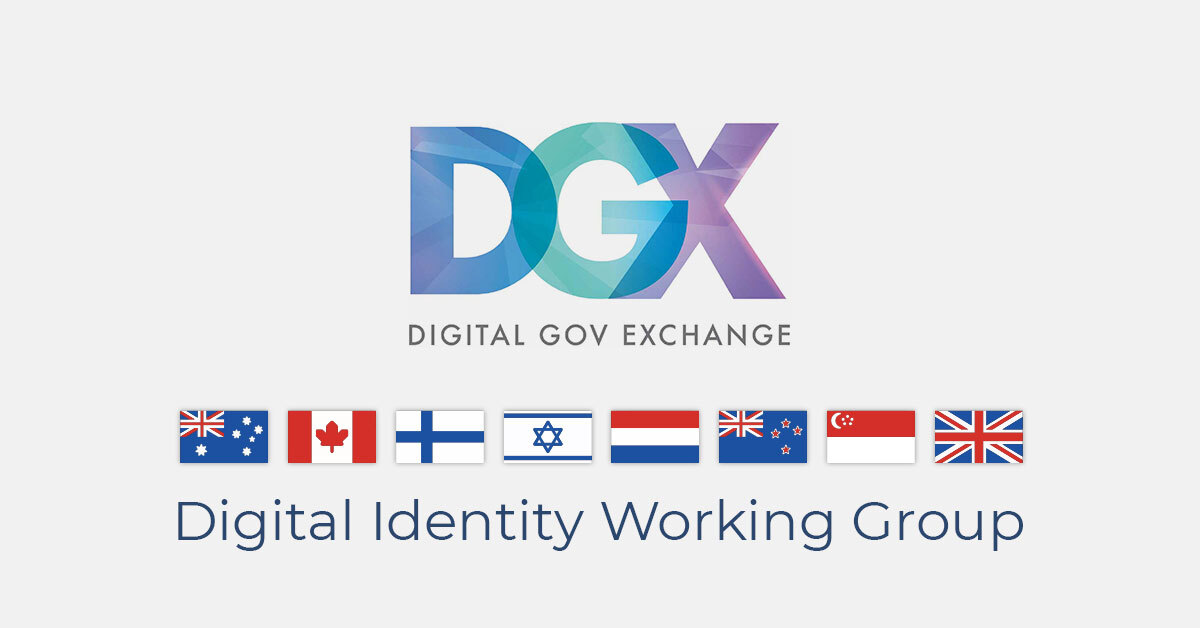Digital Identity is a key enabler for a safe and thriving digital economy and the Digital Transformation Agency is driving this work in Australia.
Digital Identity is one of the most significant technology trends in the world, with major benefits for governments, consumers and industry.
Governments across the globe have already established, or are at least looking toward, digital identity services for their citizens. In the current global context, digital identity can be a critical enabler for COVID-19 response and recovery and greater international movement, including for trade and travel.
Digital identity is also a key component of the digital trade ecosystem. As more transactions move from physical, face-to-face interactions to online, and with the digital economy emerging as a key driver of economic growth, the ability to use digital identities between countries has the potential to accelerate trade in digital services and products and expand markets.
For example, someone could open a bank account, register a business and electronically sign contracts to trade in another country without ever needing to set foot in the country. Being able to use a Digital Identity for these activities would ensure safety, security and privacy for customers, governments and services.
Digital identity could also enable security and identity verification to support digital wallets so people can use their various identity attributes and credentials across borders, such as their digital driver’s license, education and qualifications and health information.
To work towards this, it’s important that we’re all talking the same language. Governments need to work together to collaborate on and align terminology and definitions relating to digital identity, respective legal and policy frameworks, set identity standards, and to share models, frameworks, experiences and opportunities.
This is where the Digital Government Exchange (DGX) Digital Identity Working Group (DIWG) comes in.
The working group is chaired by the Australian Government’s Digital Transformation Agency (DTA), with members from Canada, Finland, Israel, New Zealand, Singapore, the Netherlands, and the United Kingdom. It is representative of many of the leading digital governments with digital identity initiatives globally.
Focusing on three main areas, the DGX working group aims to develop pathways to enable mutually recognised or interoperable digital identities and infrastructure and to enhance trade opportunities. Its objectives are:
- to understand how digital identity is being used and the models that might enable mutual recognition and/or interoperability
- to share respective government’s experiences with digital identity including in the COVID-19 response
- to understand what is required to enable mutual recognition and/or interoperability between DIWG member countries.
An international scan of working group member countries found that:
- Digital identity continues to demonstrate significant benefit, with increased uptake, new and valuable use cases emerging in response to and recovery from COVID-19.
- Government-led digital identity systems are mostly aligned to a centralised or hybrid identity model whilst also drawing on elements of self-sovereign and decentralised identity models where appropriate.
- Most systems are underpinned by existing and new policy, legislation and trust frameworks.
- Interoperability is a key consideration of most systems and enabled by design.
- For many systems, technical settings are in place to support mutual recognition of digital identities and broader interoperability.
- In most cases, government led initiatives have been designed with mutual recognition and interoperability in mind, even where international interoperability has not been considered as an immediate use case.
The DGX working group has published a report that proposes a set of high-level principles to enable future mutual recognition and interoperability of digital identities.
This first report is a significant step toward expanding the benefits of digital identity. It is available online at: Digital Government Exchange (DGX) Reports (tech.gov.sg)

